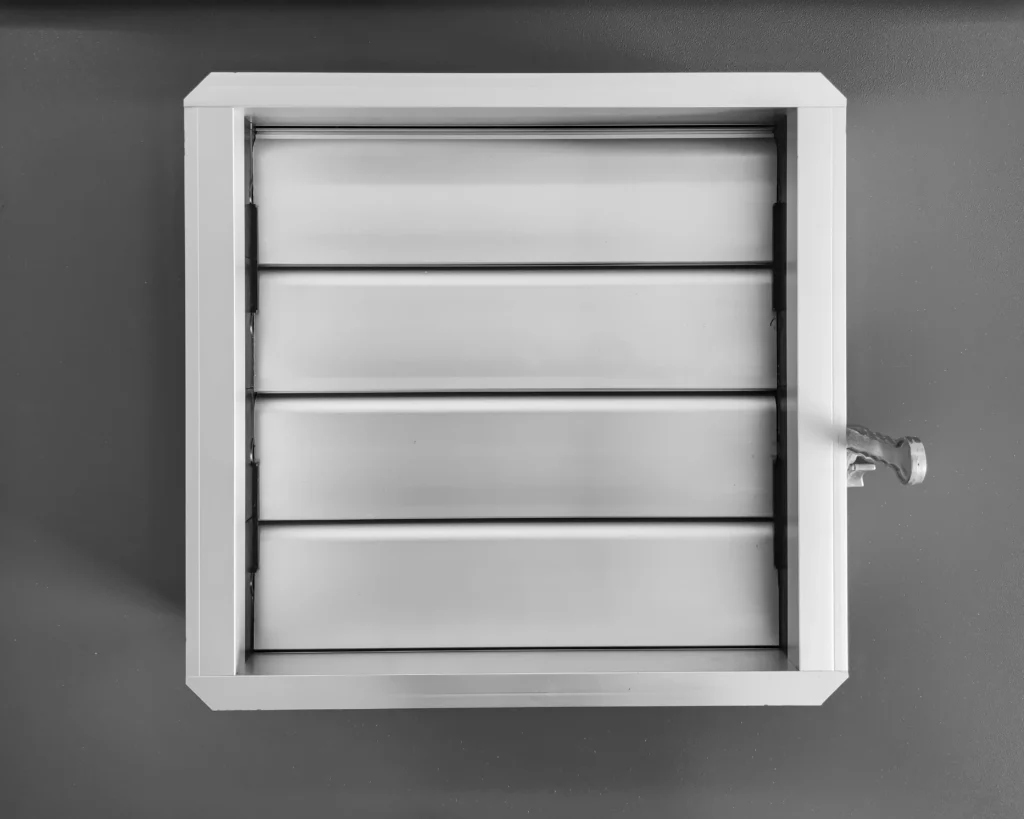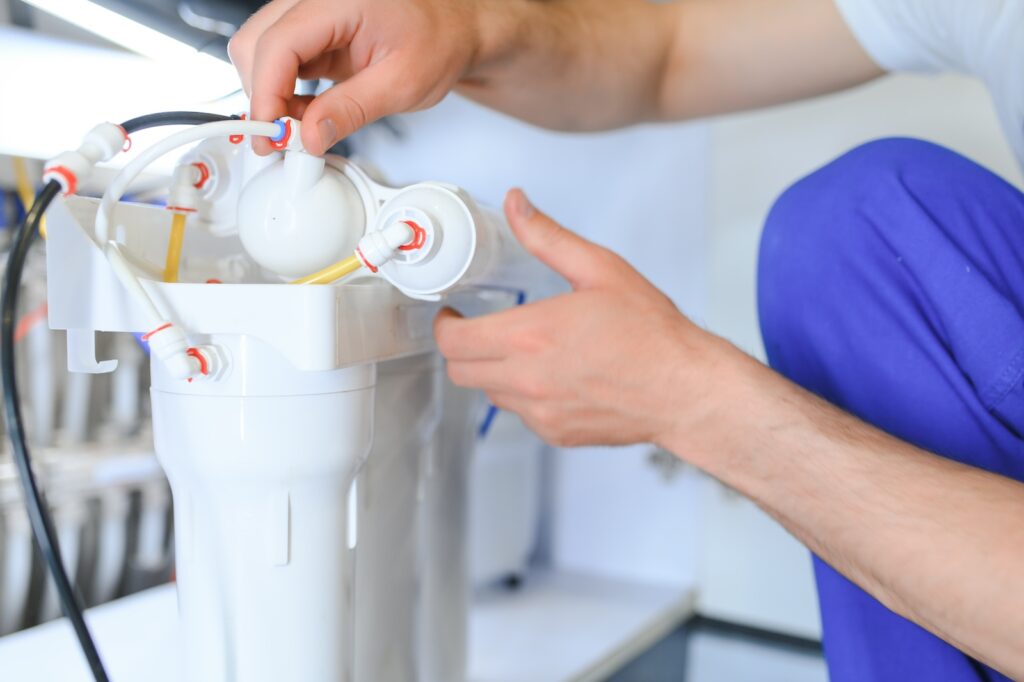
Blog
12 Reasons Why Your Room Is Hotter Than the Rest of the House

At one point or another, we’ve all wondered, “Why is my room so hot?” One room in your home may be particularly warmer than others, and now you don’t understand why. This experience is particularly frustrating during the summer, when outdoor temperatures are at their highest.
Don’t sweat it. Let’s learn more about your home’s HVAC system and how to fix a hot room in your house.
Why is My Room So Hot Compared to the Rest of the House?
When answering the question, “Why is my room hotter than the rest of the house?” There are numerous factors to consider. Let’s break it down and review 12 of the most common reasons why your room is so hot.
1. Direct Sunlight
One possible reason for your room getting too hot is its exposure to direct sunlight. Rooms with many windows tend to invite sunlight in, and once the heat is trapped, the temperature inside can rise significantly due to the greenhouse effect.
2. Blocked Return Air Vents
Blocked return air vents, whether they’re closed or blocked by furniture, can also raise the temperature in your room. Restricted airflow prevents the room from adjusting in temperature correctly, so make sure your air vents aren’t restricted by blockages.
3. Multi-Story Home
Multi-level homes also create conditions that can lead to hot rooms. Rooms on the upper floors are more likely to become hotter than the lower floors due to the thermostat being located on the ground floor.
Additionally, higher levels of the home are especially influenced by outdoor air temperatures because heat rises.
4. Poor Insulation
If your room is constantly hot—and not just during the daytime—you’re probably asking yourself, “Why does my room get so hot at night?” The answer could be poor insulation.
Lackluster insulation can cause cool air to escape your indoor spaces, resulting in uneven temperatures, such as your room being hotter than the others. Insulation will need to be addressed by a professional HVAC technician to ensure your room can maintain the desired temperatures.
5. Faulty or Outdated Ductwork
Much like home insulation, poor or outdated ductwork can also contribute to hotter rooms throughout your home. Damaged, old, and dirty ductwork won’t properly circulate air evenly throughout your home, causing some rooms to be hotter than others.
In these cases, an HVAC professional will have to conduct repairs or replacements.
6. AC System is Too Small
If your air conditioner is undersized, you’ll start to notice uneven temperatures throughout the home. This can cause rooms farther away from the AC system to become hotter than others. Since the system is undersized, you’ll also notice higher humidity levels because it cannot absorb moisture.
Consult with an HVAC professional to analyze your home’s needs to find a correctly sized AC system.
7. Thermostat Placement
Although it may seem like an afterthought, the placement of your thermostat is crucial. Since the thermostat reads the temperature of the area it’s located in, if it’s subject to direct sunlight, it will register unrealistically hot readings, with uneven cooling likely to follow.
8. Dirty Air Filter
At the root of many AC issues is a dirty air filter. Air filters clogged with dust and dirt can prevent your AC unit from distributing cooling evenly. If the air filter is dirty and located near the hot room in question, it’s probably the culprit.
Make sure to check your air filters monthly to determine when they need to be replaced.
9. Electronic Heat
Heat-producing electronics, such as televisions, computers, lamps, and others, can further contribute to a warmer room. One electronic may not make much of a difference, but multiple can contribute to a room’s temperature imbalance.
Make sure electronics are turned off when not in use, or relocate some of them to cooler areas in the home to help minimize electronic heat.
10. Outdated and Unsealed Windows
Older homes or those with an abundance of window space may experience hotter rooms due to outdated or unsealed windows. Older windows aren’t as effective at preventing the effects of outdoor weather, and the same can be said for deteriorating or a lack of caulk.
If this is the issue at hand, the windows should be resealed or replaced.
11. Inefficient Air Conditioning System
Keeping your home cool and comfortable is an uphill battle when your AC system is inefficient. Older or inefficient AC systems often struggle to provide cooling to certain areas and rooms of the home.
Upgrading to a newer and more efficient system will restore comfort to your home while reducing your energy costs in the long run.
12. Single-Zone HVAC System
A final reason why your room is so hot could be that your home uses a single-zone HVAC system. Opt for a multiple-zoned system if some rooms are hotter than others; zoning systems are better equipped to provide optimal cooling and comfort throughout your home.
Fix Hot Room Issues with Professional Air Conditioning Services
Dealing with hot room issues? Address this uncomfortable problem with professional assistance. Chapman Heating, Air Conditioning & Plumbing is your go-to provider for AC services like repair, installation, replacement, maintenance, and zone control systems.
“Why is my room so hot?”
Our technicians have answers. We know how to fix a hot room in a house by expertly diagnosing the problem and implementing the necessary solutions, keeping you comfortable and cool no matter what.
Contact Us Today









